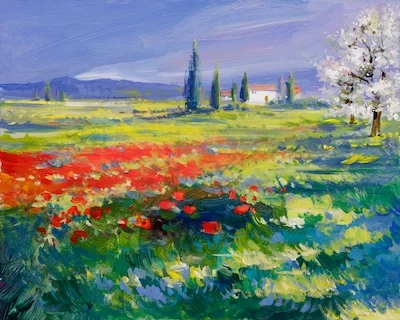Tim Zuck, an Ontario-based artist with strong ties to Western Canada, died Sunday after a decline into dementia. He was 75.
His Toronto gallery, Barbara Edwards Contemporary, called Zuck “an inspiration” who believed in people.
“He was a devoted father, the best friend imaginable, a brilliant teacher and a profound artist,” the gallery said. “We were so very blessed to know Tim, to work with him, celebrate successes and overcome losses.”
Zuck’s work has been exhibited at the National Gallery of Canada and the Art Gallery of Ontario, and his work is in their collections, as well as at the Vancouver Art Gallery, the Winnipeg Art Gallery and the Glenbow in Calgary. Over his life, he had some 30 solo exhibitions, including Learning to Talk, originated by Museum London in London, Ont., and the Art Gallery of Nova Scotia in Halifax.
Born in Erie, Pennsylvania, in 1947, Zuck completed his BFA at what was then the Nova Scotia College of Art and Design and an MFA at the California Institute of the Arts in Valencia in 1972. He then returned to Halifax, working as an instructor at NSCAD from 1972 to 1979.
In 2002, he moved to Calgary to teach at the Alberta College of Art and Design – now the Alberta University of the Arts – becoming professor emeritus in 2015. Zuck directed the McIntyre Ranch Project in 2004, gathering work by 18 photographers, sculptors, painters and writers for an exhibition at the Southern Alberta Art Gallery in Lethbridge.
Zuck experimented with performance, video and photography in his early days but eventually gravitated to painting, developing a distinctive brand of realism that reduced subjects to their most essential form, giving his images a timeless serenity. His process was intense – he was known to painstakingly rework the formal elements of each painting until he achieved a desired level of concentration and lucidity.
A 2013 Toronto Star review by David Macfarlane praised Zuck’s clarity and precision. “When you look at a Zuck painting you can actually hear your brain get quieter,” Macfarlane wrote. “You are drawn in by unadorned purity, but then, once drawn in, you begin to realize that there’s nothing simple about line or colour or form. If you’re a Buddhist, you already understand this. And if you’re not, Zuck’s paintings make you think it might not be a bad idea to give Buddhism a try."
Source: Barbara Edwards Contemporary

